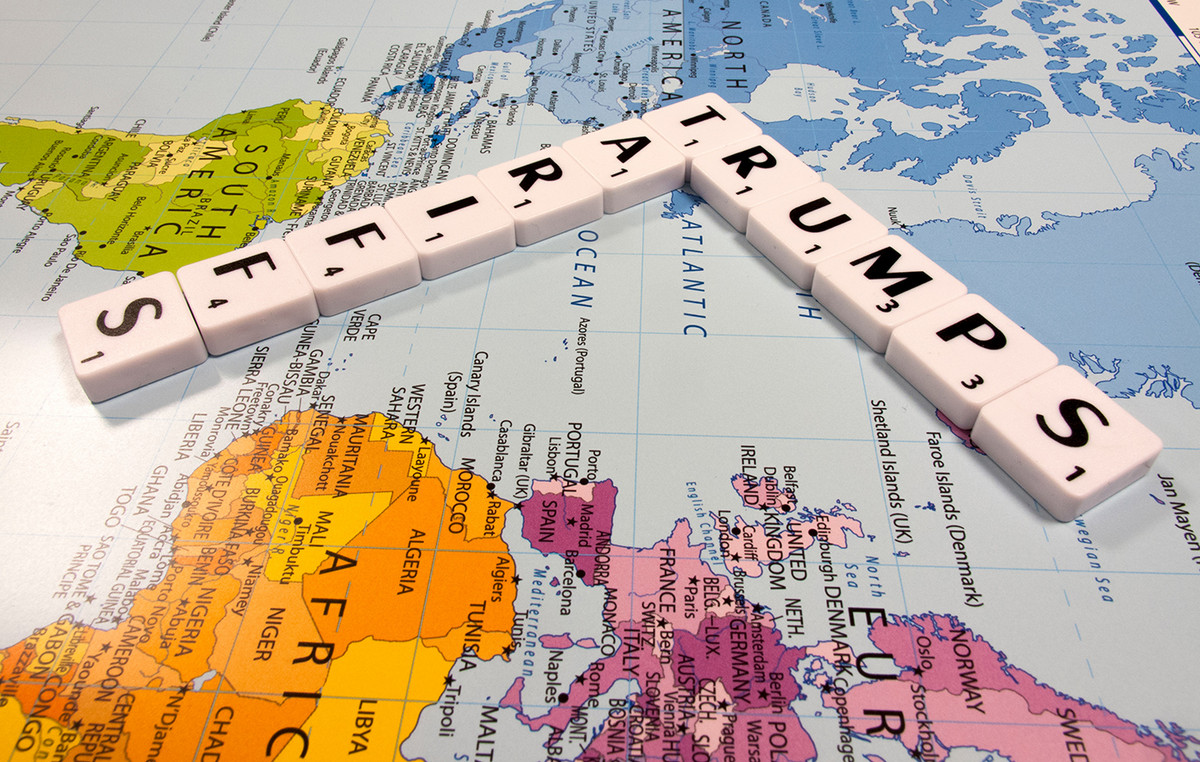Markets operate this Friday morning (18) with an eye on the Ukraine war and conversation between US President Joe Biden and Chinese President Xi Jinping.
Starting abroad, American futures opened lower, with talks between Russia and Ukraine lacking progress and Russian President Vladimir Putin showing little sign that he would be willing to compromise.
This Friday, attention turns to the conversation between Biden and Xi Jinping at 10 am. US Secretary of State Antony Blinken said the US is concerned that China is “considering helping Russia with military equipment.
According to the Reuters news agency, Putin is counting on China to help Russia deal with sanctions on the Russian economy.
According to Blinken, Biden will leave in the call to Chinese President Xi Jinping that China “will be responsible for any actions it takes to support Russia’s aggression.
In addition to signs of war, the market is closely watching the rise of tension between China and the United States.
Stocks also fell in the US because the recovery of the last few days had been driven by Chinese stimulus. Now, as the news has already been “priced”, as they say in the market, it has already been incorporated into prices, and assets fall again.
In any case, in Asia, stocks closed on the positive side, with the exception of Hong Kong, which corrected yesterday’s strong rise of 7%.
In Europe, the indices fall, reflecting an increase in risk aversion.
Brazil
In Brazil, with Chinese stimulus and fears that stricter sanctions will affect the supply of raw materials even more, commodities rose sharply and boosted the Brazilian stock market.
Oil rose almost 9% yesterday and today extends the high. It is worth remembering that our stock exchange is seen as a large commodity market and has been gaining momentum with the rise in raw materials that were already rising and gained from the war.
Signs that the Selic rate hike is coming to an end also helped to boost the stock market.
In politics, the government announced the package of measures that includes anticipation of the 13th salary of the INSS and withdrawals of up to R$ 1,000 from the FGTS. The package should inject R$ 165 billion into the economy this year.
The Minister of Agriculture, Tereza Cristina, managed to negotiate the import of 400 thousand tons of fertilizers from Canada, about 10% more than what is already imported.
In response to government pressure, Petrobras released a note saying that in recent days it has observed a reduction in oil levels, but cannot anticipate decisions on maintenance or price adjustments.
Indexes
O Ibovespa fell 0.45%, quoted at 112,568 points, around 10:20 am this Friday (18). At the same time, the dollar rose 0.74%, to R$5.071, following the movement abroad and favored by the greater fears of investors.
Agenda of the Day
The IBGE released the employment data for January this morning. The unemployment rate stood at 11.2% in January, slightly below market expectations, which had forecast the rate to be 11.4%. According to the IBGE, the commerce sector positively influenced the result.
Abroad, the Russian central bank announced that it decided to keep the interest rate as expected, since it had already raised the rate from 9.5% to 20% in February.
In the US, the data on used home sales and speeches by members of the Fed – the US central bank – stand out.
Source: CNN Brasil







